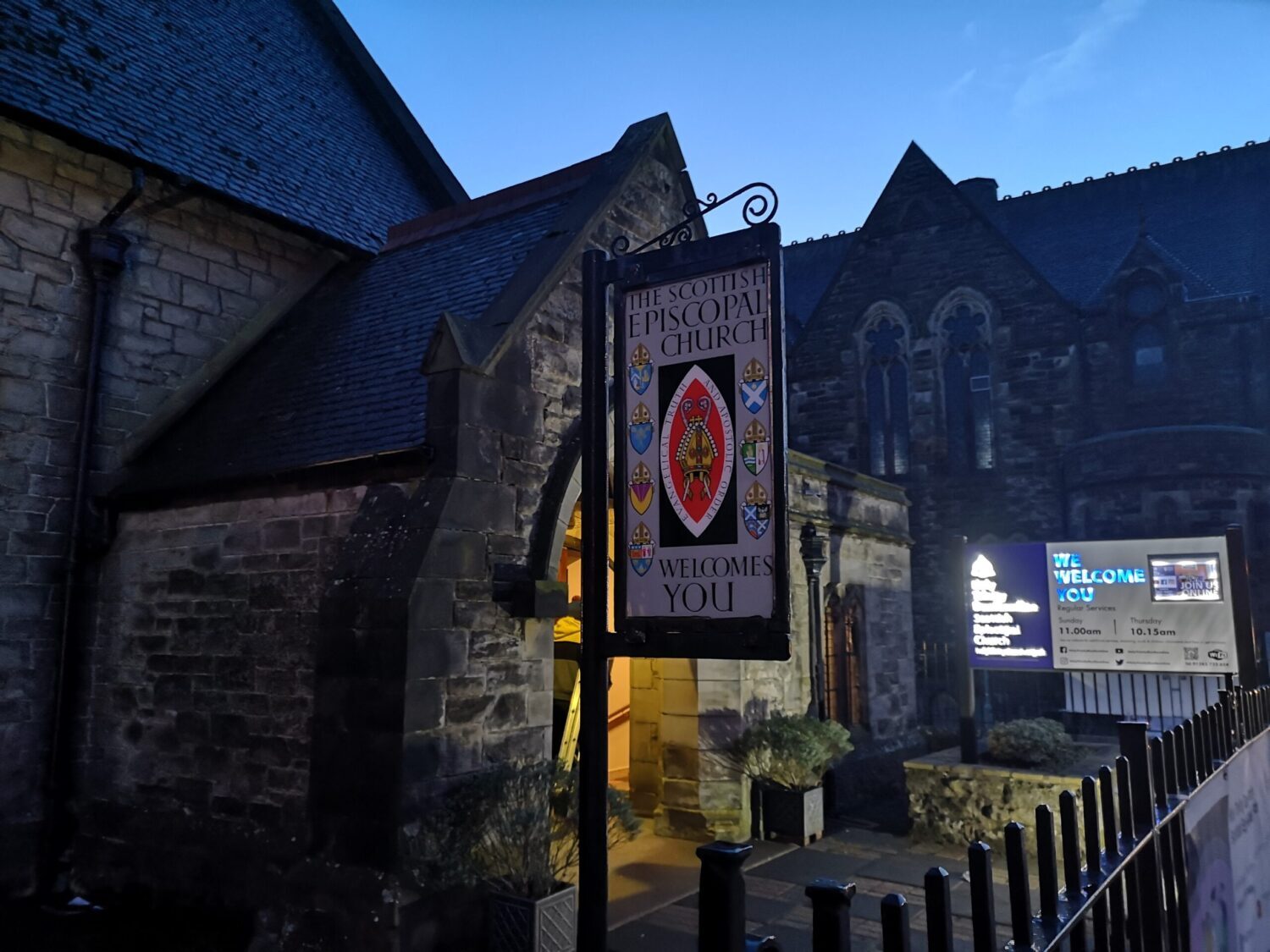This month’s Saint is St Barnabas who, although not one of the Apostles, played a very important part in shaping the early church. He is not mentioned in any of the four Gospels but there are a lot references to him in in the Acts of the Apostles which gives us reliable information on his life and his role in the
I had some difficulty in finding a Saint for September who I had not already used in these articles and then I looked up St Gregory the Great and found what an extraordinary man he was and the influence that he brought to the church and the history of Europe. He was born about 540AD in Rome. His parents were a wealthy patrician family. His great-great-grandfather was Pope Felix III. His father was a member of the Senate and had served as Prefect of the City of Rome. His mother, Sylvia, and two of his aunts are on the list of Saints of the Roman Catholic and Orthodox Churches. His family owned estates near Rome and in Sicily.
The Church was at this time in a turmoil, as was the Roman Empire. The seat of authority of the Emperor had moved to Constantinople. In 546AD the Goths had taken Rome and sacked the city destroying many of the buildings and slaughtering many of the inhabitants and driving out the rest. Those who survived were allowed back into the city three years later. It is probable that at this time the family of the child Gregory took refuge in their estates outside the city or in Sicily. The Goths were driven from most of Italy by the Emperor Justinian ruling from Constantinople. During the 540s also Italy and the rest of the Empire were racked with the plague which brought with it hunger. The Church was not much better with the Pope no longer effectively controlling the Church, Bishops were being appointed by tribal rulers and differences in belief and heresy were rife.
Gregory followed his father into public service and like his father became Prefect of Rome, when only 33. He had no lust for power however, and when his father died he gave his estate near Rome to the Church for use as a monastery and became a monk there. In his life in the monastery he was very unforgiving of sin and it is recorded that when a dying monk confessed to stealing gold coins Gregory expelled him from the monastery to die and threw the gold coins into his grave, but paid for masses to be said for the forgiveness of the monk’s soul.
It was clear that a man of Gregory’s experience could not be left in the contemplative life of a monastery when the city and the church needed him and in 579AD Pope Pelagius II sent him to Constantinople as his personal representative on an embassy asking for military assistance from the eastern empire to secure Rome against the Lombards. Constantinople was at that time threatened by the Persians and it was clear no help was forthcoming. During this period Gregory crossed swords in debate with the Patriarch of Constantinople, Eutychius, over the nature of Christ’s resurrection held in the presence of the Emperor Tiberius who pronounced in Gregory’s favour. Despite this Gregory is reported as having slaved to prevent a break between the Eastern and Western churches for the immediate future. Gregory returned to Rome and his life at his monastery in 585AD with the desire to continue a prayerful and contemplative life of a monk. It was not to last however for in 590 AD after the death of Pope Pelagius II Gregory was elected to be Pope which he accepted much against his will in a sense of duty to restore the fortunes of the Church in Rome.
The most pressing problem was that the inhabitants of Rome were starving because of the depredations of the Lombards. Gregory tackled the problem straight away by ordering farmers and monks on estates and abbeys outside of Rome to send send food into the city where it was distributed free to the needy, leading the way himself with produce from his former abbey. He also used his administrative skills to see that the food was distributed properly where it was most needed and devised a recording and accounting system to ensure it was properly distributed. He did not eat himself until the people had been fed. Throughout his papacy he always fed twelve indigent people at his table. The table itself is still preserved in Rome.
The civil government in Rome having broken down the Romans looked to the Papacy to fill in the vacuum and again Gregory’s sense of duty prevailed and the Papacy became the effective government of Rome and with it a large area of Italy. This remained so until the unification of Italy by Garibaldi in 1860.
Gregory’s immediate problem was to control the Goths and Lombards and he sought military help from the Emperor in Constantinople. No help was forthcoming however and Gregory appreciating that for the church to prosper it needed protection and the only force available were the very warlike tribes causing the problem. Gregory brought his statesmanlike qualities to play and persuaded the chiefs of those tribes who were nominally Christian to accept the role of protecting the church and he fostered alliances between those tribes. Some tribes such as the Franks initially refused to join but even they did eventually some time after Gregory’s death. This was very much the blueprint for the Holy Roman Empire two hundred years later. Gregory also reasserted the authority of the Papacy over the Church in Spain and those parts of France where it had been virtually lost.
Gregory was also aware of the need for spreading Christianity and re-ignited the missionary work of the Church. His most well known work in this respect was his commissioning the mission of St Augustine to bring Christianity to England. When Christianity was effected in an area he appointed Bishops and established a hierarchy.
He also saw the need for uniformity in the liturgy practiced throughout the church and personally rewrote some of the liturgy for the Eucharist some of which still influences our liturgy today. As if this was not enough he was an avid writer of letters and treatises on religious matters and over 800 letters and papers written by him are preserved in the Vatican archives. The most well known one is a treatise arguing that Mary Magdalene, Mary of Bethany, and the repentant prostitute were one and the same person. He also encouraged choirs in churches and is remembered in the term Gregorian plain chant.
He died on 12thMarch 604 and his relics are in St Peters in Rome. Pope, administrator, statesman, and religious thinker par excellence and a glutton for work he is certainly one of the most influential persons in developing the Christian Church.
He is the patron saint of students and teachers and choirs.
Martin Luther gave him the accolade of being the last good Pope.

